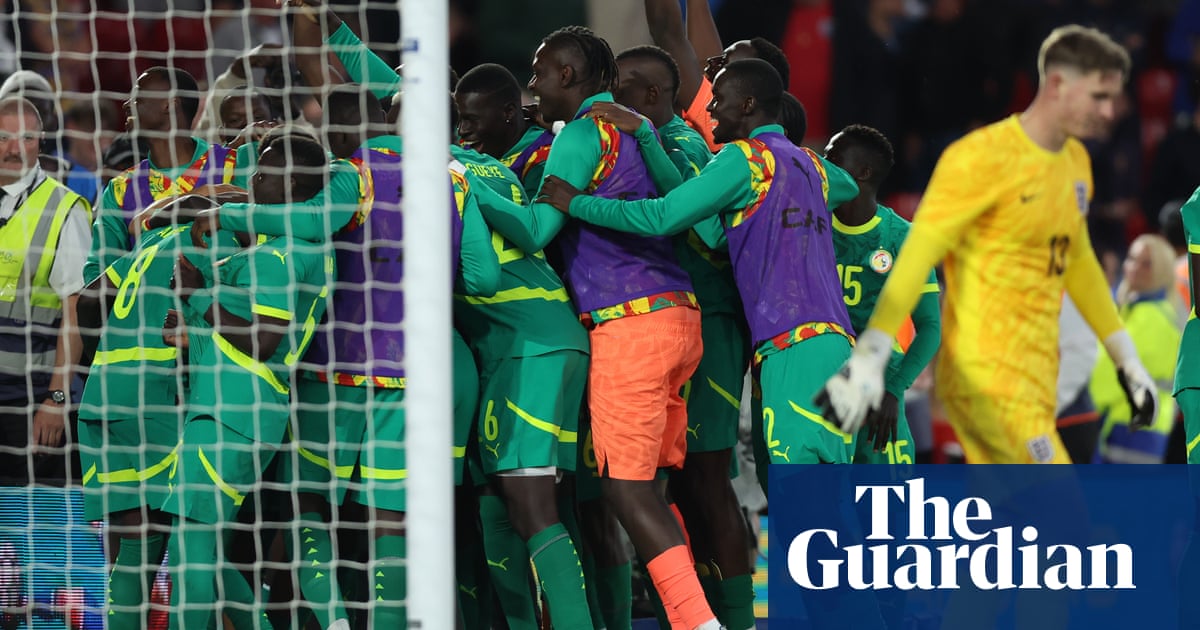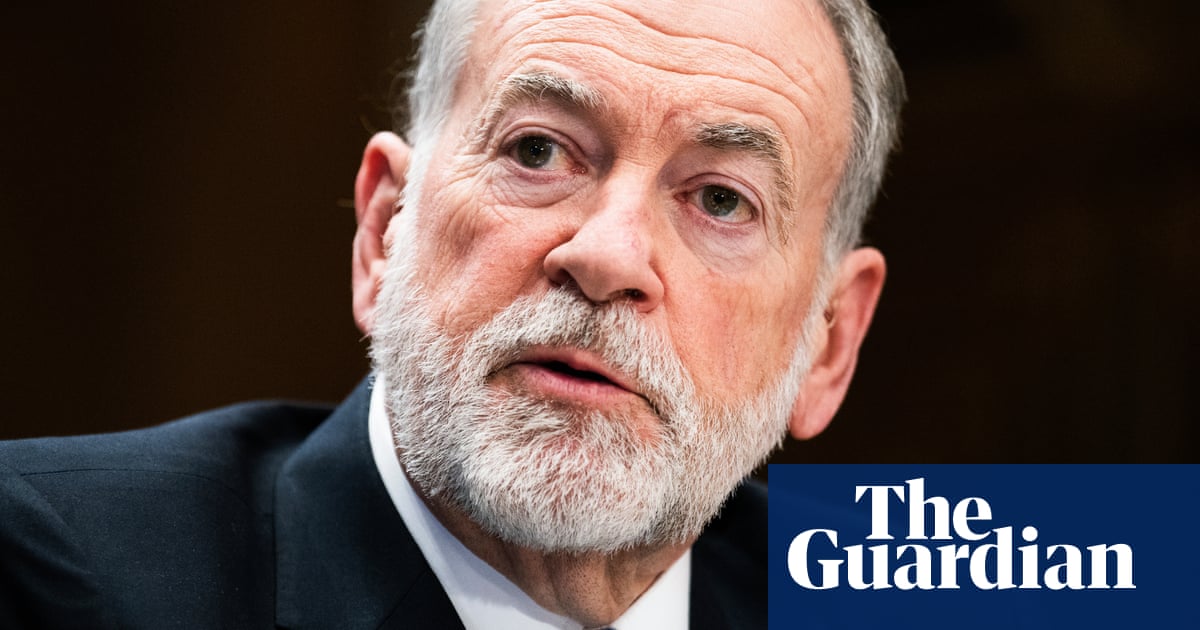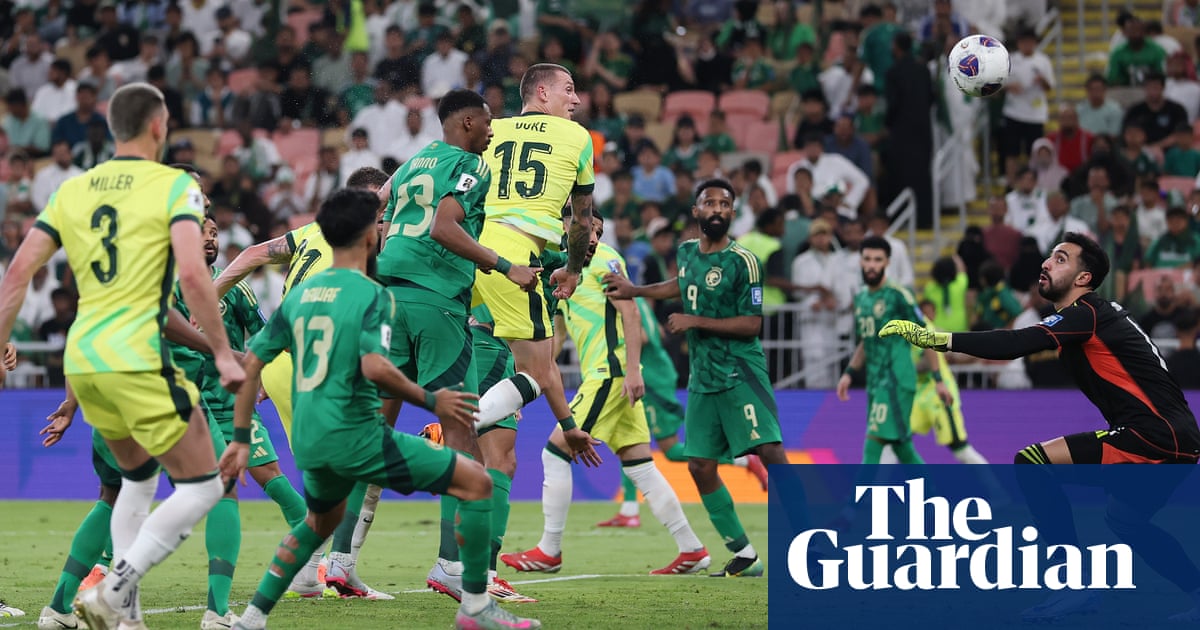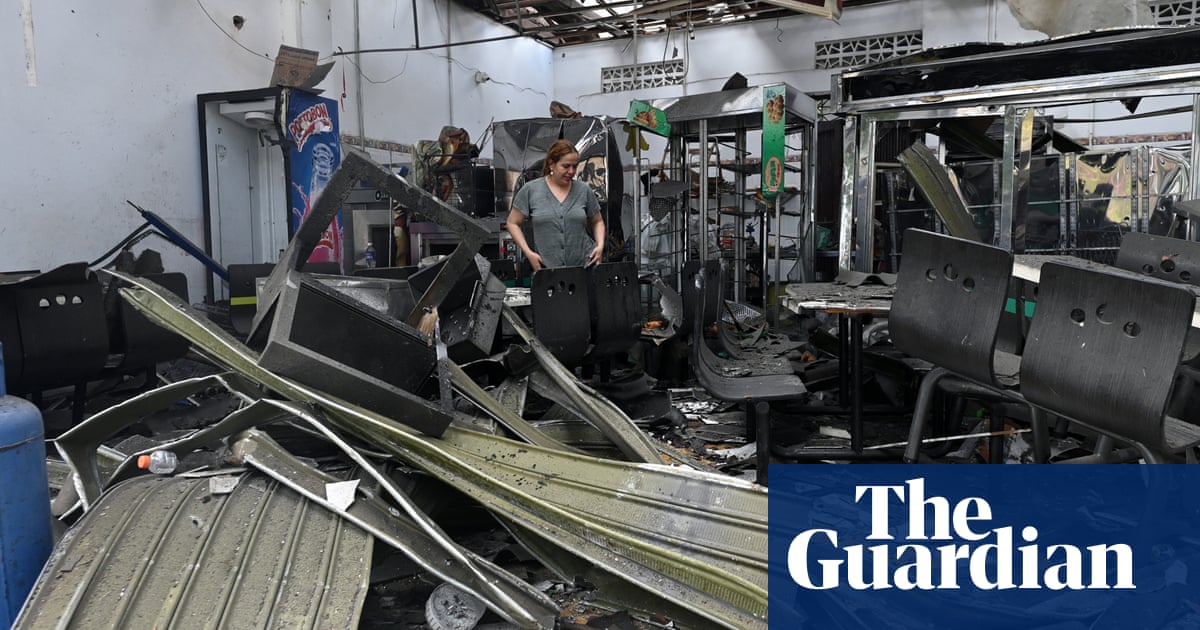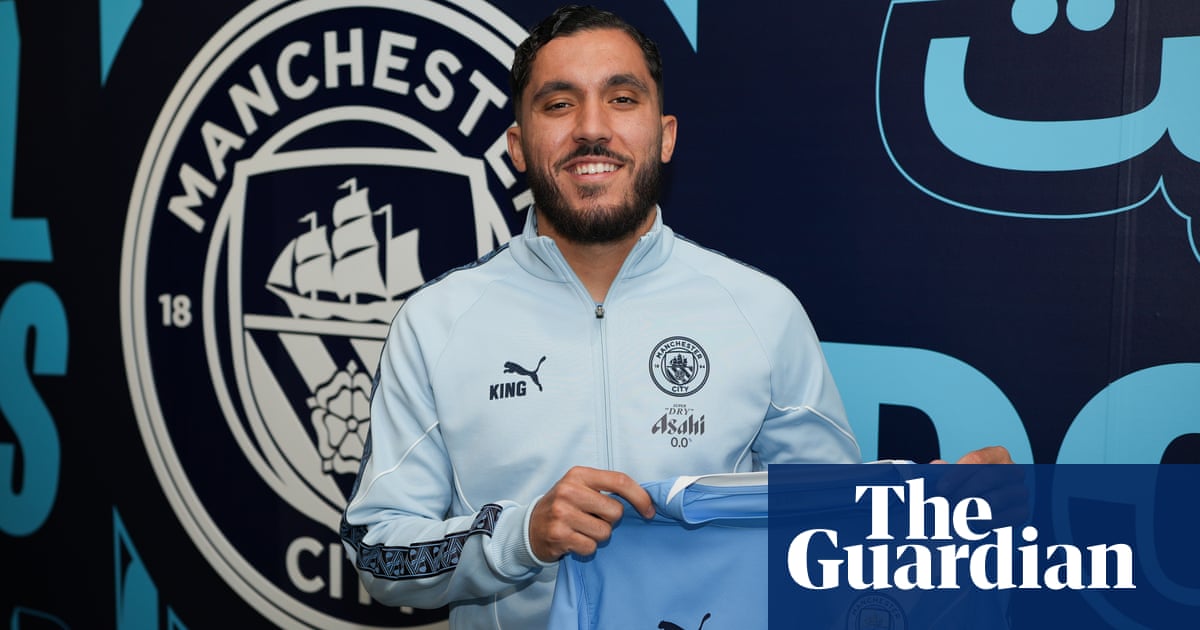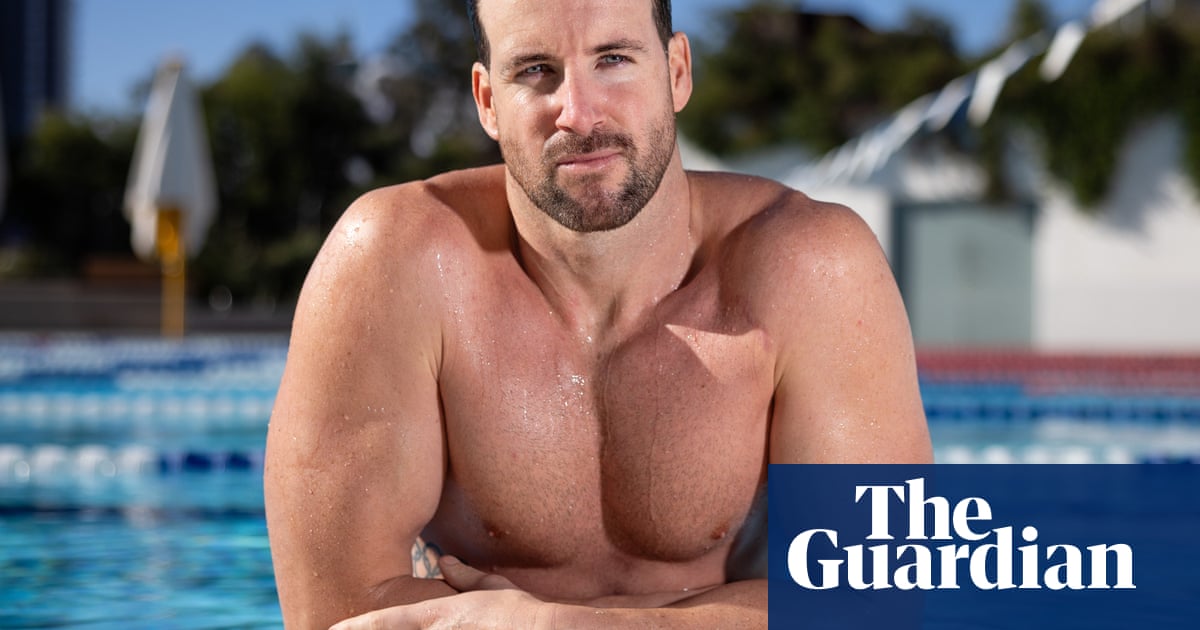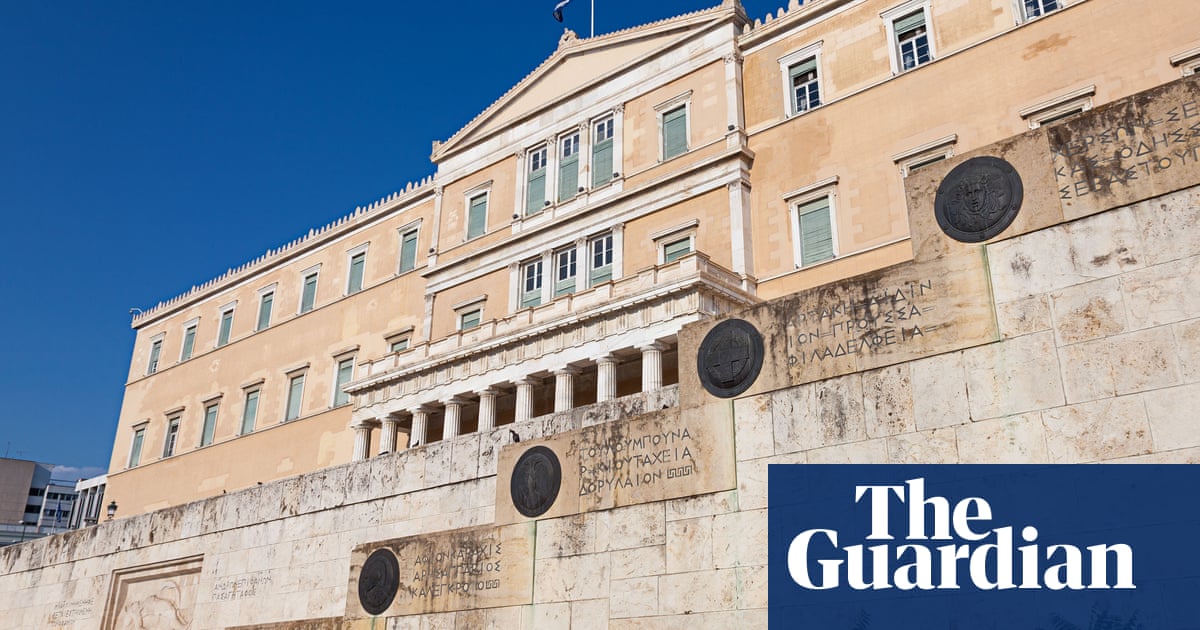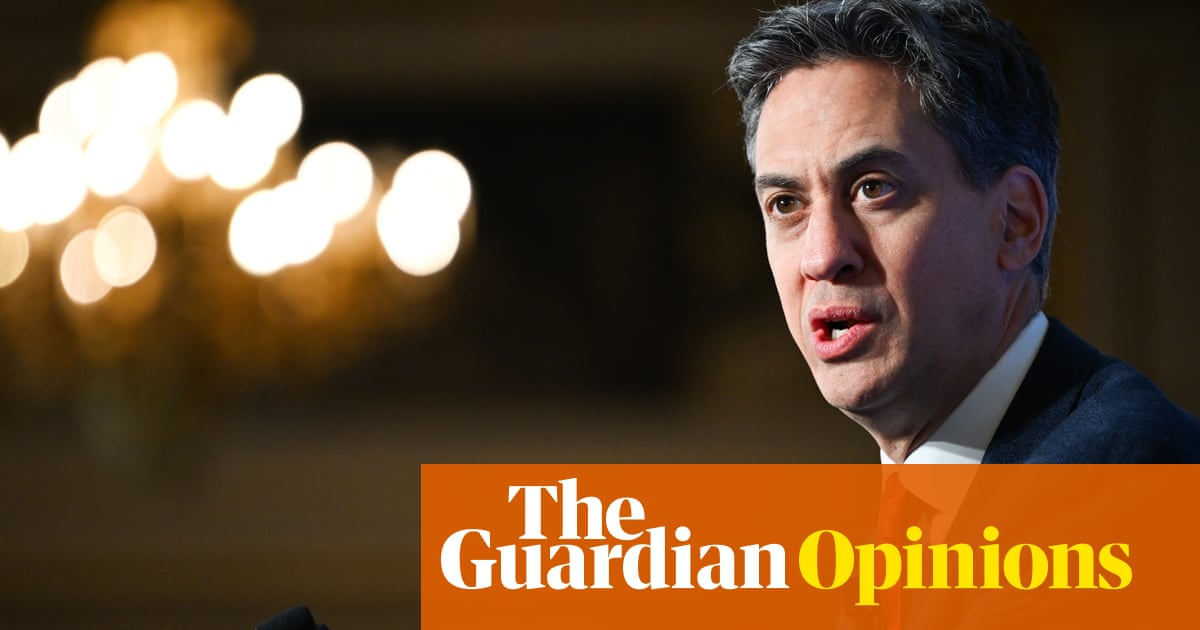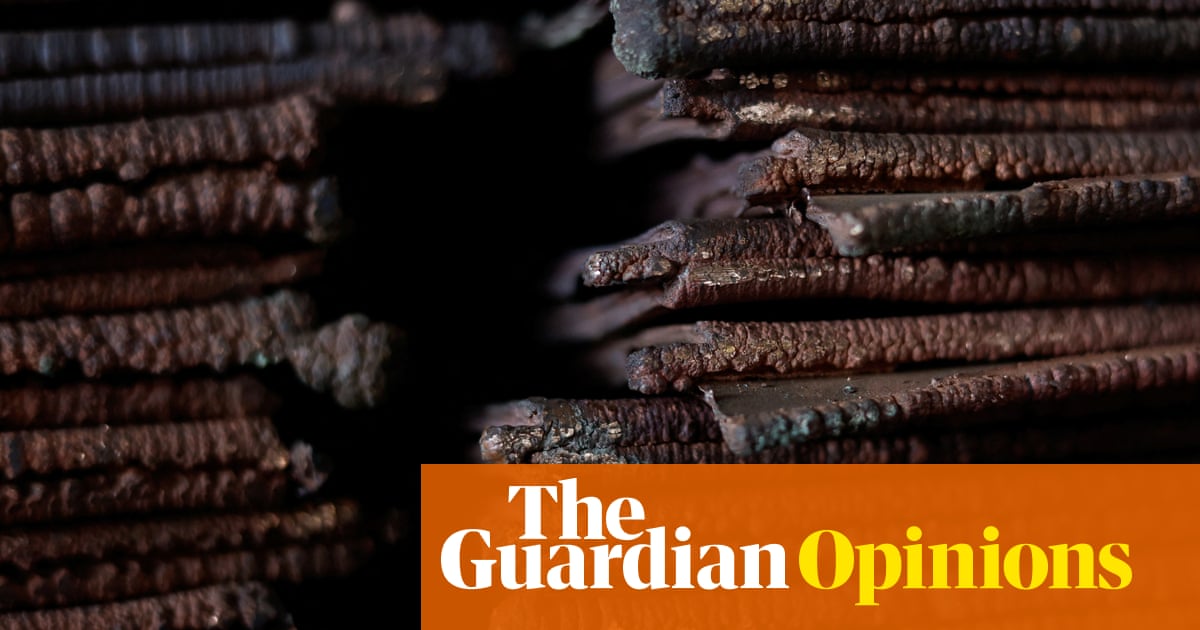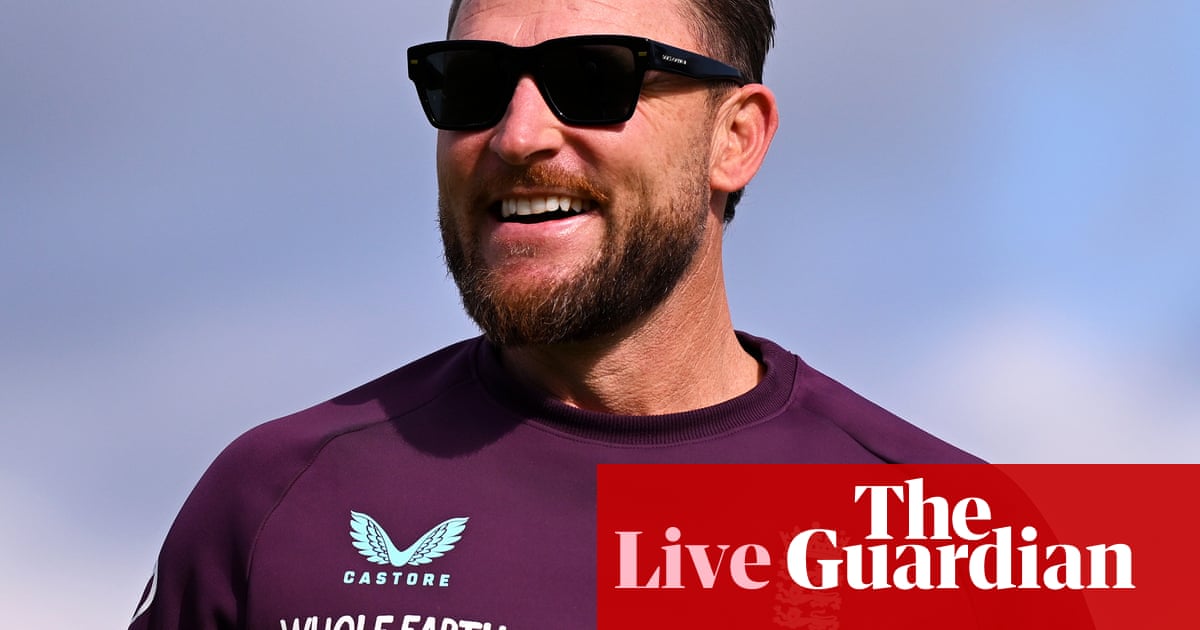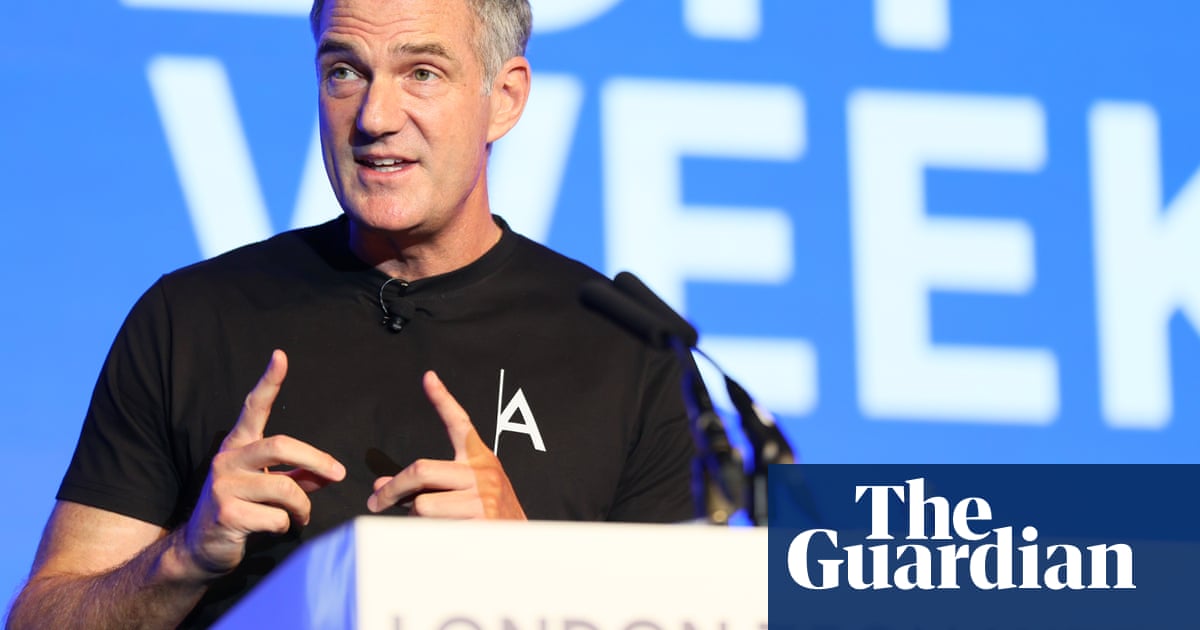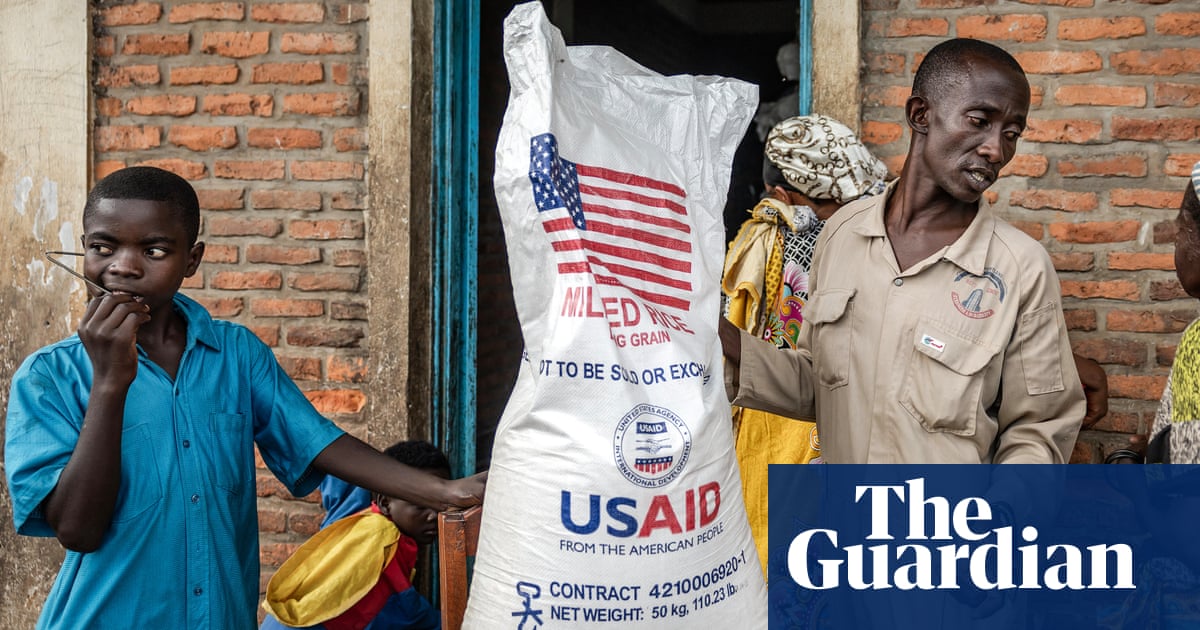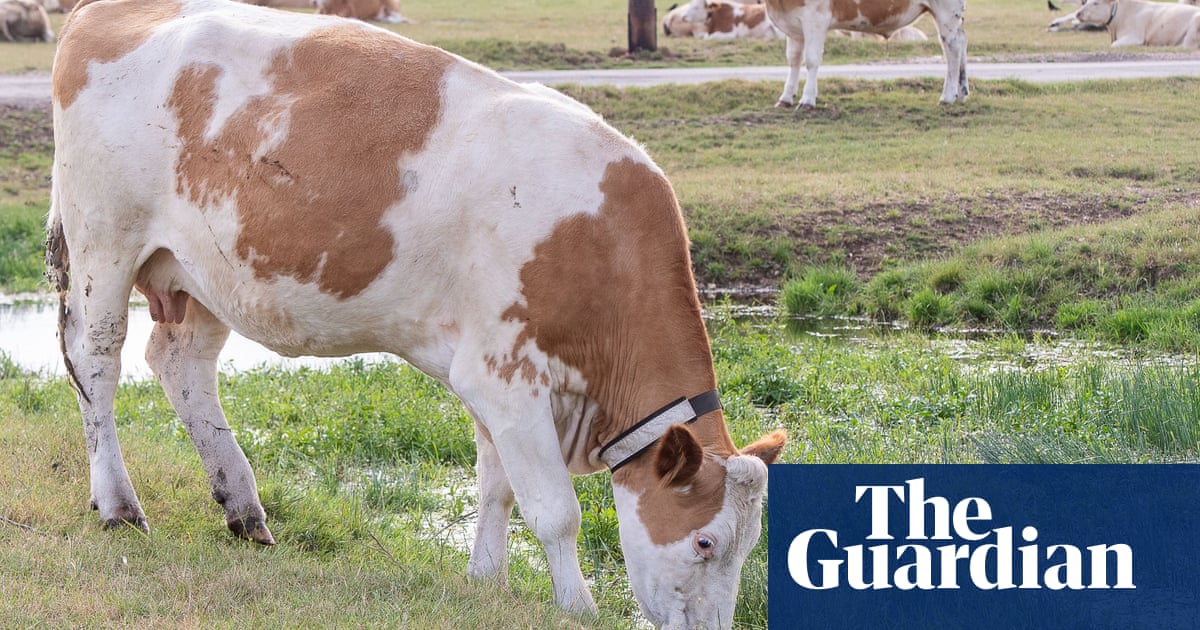Meta has announced plans to build the world’s longest underwater cable project, which aims to connect the US, India, South Africa, Brazil and other regions.
The tech company said Project Waterworth involved a 50,000km (31,000-mile) subsea cable, which is longer than the Earth’s circumference.
The cable would be the longest to date that uses a 24 fibre-pair system, giving it a higher capacity, and would help support its AI projects, according to Meta, which owns Facebook, Instagram and WhatsApp.
Meta said in a blog post: “Project Waterworth will bring industry-leading connectivity to the US, India, Brazil, South Africa, and other key regions.
“This project will enable greater economic cooperation, facilitate digital inclusion, and open opportunities for technological development in these regions.
“For example, in India, where we’ve already seen significant growth and investment in digital infrastructure, Waterworth will help accelerate this progress and support the country’s ambitious plans for its digital economy.”
The company added: “We’ve driven infrastructure innovation with various partners over the past decade, developing more than 20 subsea cables.
“This includes multiple deployments of industry-leading subsea cables of 24 fiber pairs – compared to the typical 8 to 16 fibre pairs of other new systems.”
The UK has about 60 undersea cables carrying 99% of data connecting it to the outside world.
More than 95% of the world’s internet traffic is transferred through undersea cables, which has triggered concerns about their susceptibility to attacks or accidents and being a target during geopolitical tensions and conflict.
Nato launched a mission in January to increase surveillance of ships in the Baltic Sea after damage to critical undersea cables last year.
A UK parliamentary committee, the National Security Strategy, recently issued a call for evidence about the UK’s ability to protect undersea cable infrastructure from threats and “the adequacy of national resilience in the event of major and protracted disruption”.
after newsletter promotion
In 2018, the Trump administration placed sanctions on a Russian company alleged to have provided “underwater capabilities” to Moscow, with the aim of monitoring the underwater network.
In July, large parts of Tonga were left in darkness after the undersea internet cable connecting the island network was damaged, causing chaos for local businesses.
Meta said in its blog post it would lay its cable system up to 7,000 metres deep and “use enhanced burial techniques in high-risk fault areas, such as shallow waters near the coast, to avoid damage from ship anchors and other hazards”.
An announcement by Meta’s chief executive, Mark Zuckerberg,in January that he was ending professional factchecking on Facebook and Instagram and would “dramatically reduce the amount of censorship” was widely condemned.

 3 months ago
66
3 months ago
66
